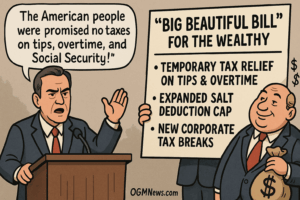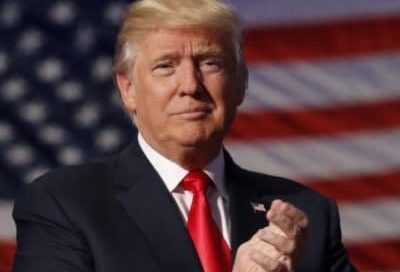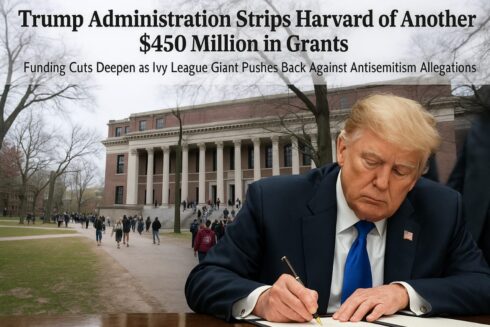The New York City Police Department is preparing to revoke Donald Trump’s license to carry a concealed weapon following his recent felony conviction, according to reports from multiple media outlets. This move comes after the former president’s permit was initially suspended in April 2023 when he was indicted on charges of falsifying business records related to a hush-money payment to adult film star Stormy Daniels. CNN first reported the impending revocation, with NBC subsequently confirming the news through a police spokesperson.
The decision marks a significant development in the aftermath of Donald Trump’s conviction on 34 counts of falsifying business records, a verdict reached last week. The charges stem from a scheme to influence the 2016 presidential election by concealing a $130,000 payment made to Daniels through his former lawyer Michael Cohen. The payment was intended to buy Daniels’ silence regarding an alleged affair with Trump.
Legal Consequences of Donald Trump’s Conviction
Donald Trump’s conviction has numerous implications beyond the revocation of his gun license. Although he is now a convicted felon, Donald Trump will retain some privileges typically lost by others in similar legal circumstances. One notable exception is his ability to vote. Despite his conviction, Donald Trump can still participate in the November 2024 election because New York law allows felons to vote as long as they are not currently incarcerated. This legal nuance is significant as Trump remains the presumptive Republican nominee for the upcoming presidential race.
The sentencing for Donald Trump’s conviction is scheduled for July 11. Legal experts speculate that it is unlikely Trump will serve jail time, though the final judgment has yet to be determined. Donald Trump has publicly denounced the trial and conviction, describing the proceedings as a “rigged trial,” reflecting his ongoing contentious relationship with the legal system and media.
Broader Implications and Political Reactions
The revocation of Donald Trump’s gun license symbolizes the broader legal and political ramifications of his actions. His boast in January 2016 that he could shoot someone on Fifth Avenue without losing voters now stands in stark contrast to his current legal troubles. The fallout from his conviction extends beyond legal penalties to include potential impacts on his political career and public perception.
While the revocation of his gun license and his felony conviction could be seen as setbacks, Donald Trump’s continued ability to vote and run for office illustrates the complexity of legal and electoral systems in the United States. His supporters may view the legal challenges as further evidence of a biased system, potentially galvanizing his base ahead of the 2024 election. Meanwhile, critics argue that the legal consequences are necessary to uphold the rule of law and accountability for all citizens, regardless of their status or position.
Public and Official Responses
The NYPD has not yet issued a formal statement regarding the revocation process, and requests for comments remain unanswered. The news was initially reported by CNN, drawing public attention to the legal challenges facing the former president. The potential revocation of Mr. Trump’s gun license adds another layer to his legal and political woes, impacting his public image and campaign strategy.
The situation also prompts discussions about gun ownership laws and their enforcement, particularly for high-profile individuals. It raises important questions about the uniform application of these laws and the intersection of legal accountability and political influence. As the investigation proceeds, the outcome will likely serve as a significant precedent for how similar cases might be handled in the future, especially involving prominent figures with substantial influence.














